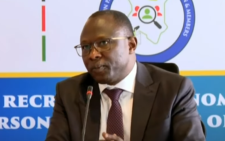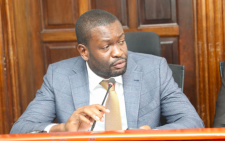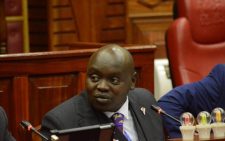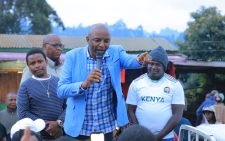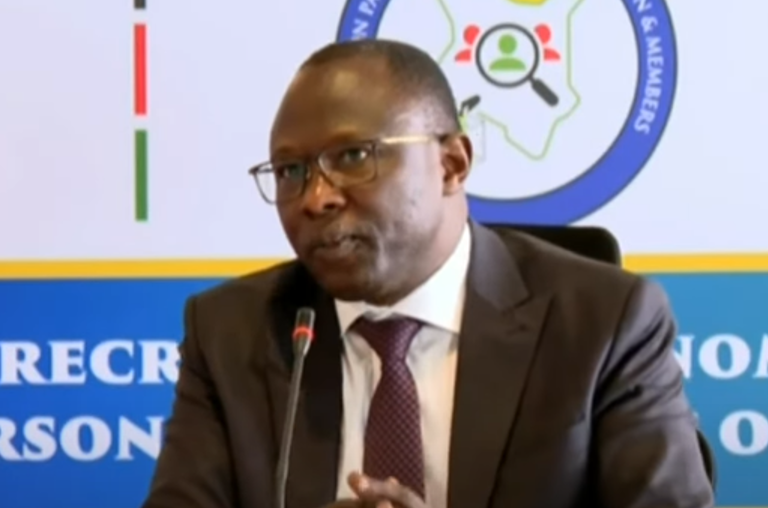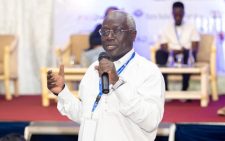Britain gives Kenya kit to detect new Covid strains
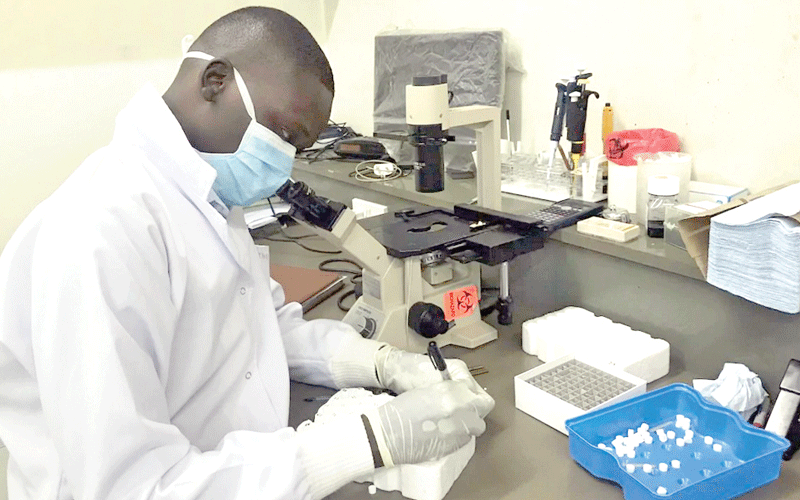
Kenya is set to receive a genomic sequencing platform to aid in identifying new Covid-19 variants.
The platform from the United Kingdom’s New Variant Assessment Platform Programme (NVAP) is expected to boost the Kenya-UK Health Partnership through its respective departments of Kenya Medical Research Institute (Kemri) and Public Health England (PHE).
UK’s donation comes amid rising cases of the highly contagious Covid-19 Delta variant which the Health ministry warns may spark the fourth wave of infections over the next two months.
The rapidly transmissible strain, first identified in India, is dominant in Western and Nyanza counties.
The government has imposed a number of restrictions in the region to contain further spread of the variant.
It aims to support countries effectively identify, assess and track new SARS-CoV-2 variants, among their population, to fight Covid-19 and future pandemics.
SARS-CoV-2 virus can change and evolve, therefore, it is important to monitor changes in the virus and assess any impact that they may have on severity, diagnostics and vaccine efficacy.
The Genome Sequencing Process is a laboratory procedure that determines the order of an organism in one process and provides very precise DNA fingerprint that can help link cases to one another allowing an outbreak to be detected and solved sooner.
In a statement yesterday, Health Cabinet Secretary Mutahi Kagwe, said the support would assist the country respond to the current pandemics.
“Through Kemri and Oxford University, we have a 30-year health partnership, which continues to grow from strength to strength, as we continuously expand our scope of co-operation in the health sector,” he said.
The CS noted that the Platform will allow the UK’s unique sequencing and variant assessment capabilities to support Kenya’s response to Covid-19, thus strengthening global health security
The support includes reagents and equipment to increase in-country sequencing, technical advice, bioinformatics support and training.
Saving lives
British High Commissioner to Kenya, Jane Marriott said the health partnership with Kenya is more than 30 years old and that through the Covid-19 pandemic, the relationship has been incredibly strong.
“Kenyan and British scientists at KEMRI and Oxford University were closely involved in the development of the AstraZeneca vaccine.
Now we will share our expertise to work together in identifying, tracking and responding to new variants with Kenya, saving lives here and around the world. No one is safe until everyone is safe,” she said.
The partnership builds on the Health Partnership signed by Foreign Secretary, Commonwealth and Development Office, Dominic Raab and Kagwe, during the former’s visit to the country in January.
Through the partnership, the UK has long supported Kenya in providing supplies and supporting health systems in areas of family planning, nutrition, maternal and newborn health.
A technical advisor will be deployed to Ethiopia to provide expertise and guidance on genomic sequencing strategy and policy as they begin to establish a hub to coordinate and undertake genomic sequencing across the continent.
Last year, the UK announced funding of Sh177 million to support a series of studies that will help monitor, understand and inform the Covid-19 response in Kenya.
The initiative, led by the KEMRI-Wellcome Trust Research Programme, together with the Ministry of Health, will enable scientists in Kenya to measure Covid-19 antibody prevalence among blood donors, attendees at ante-natal care clinics and among healthcare workers.
